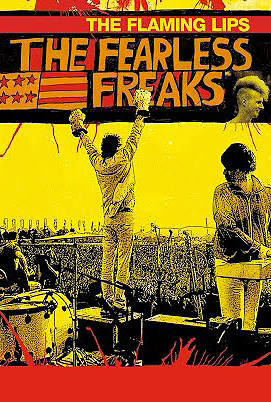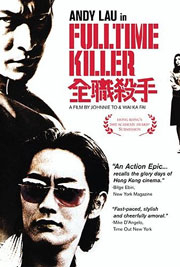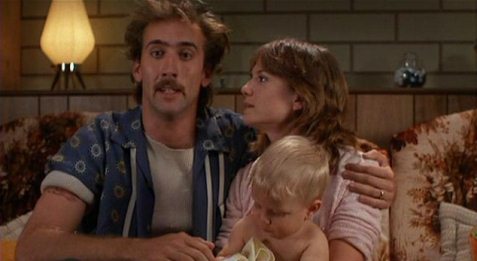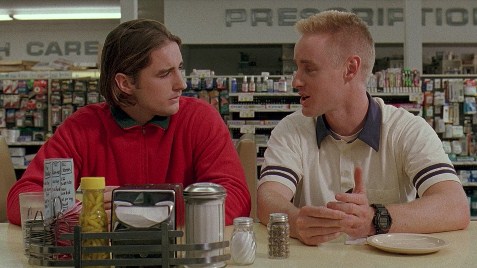Missing Reels: “Forbidden Zone” (1980)
Missing Reels examines overlooked, unappreciated or unfairly maligned movies. Sometimes these films haven’t been seen by anyone, and sometimes they’ve been seen by everyone… who loathed them. Sometimes they’ve simply been forgotten. But in any case, Missing Reels argues that they deserve to be seen and admired by more people.
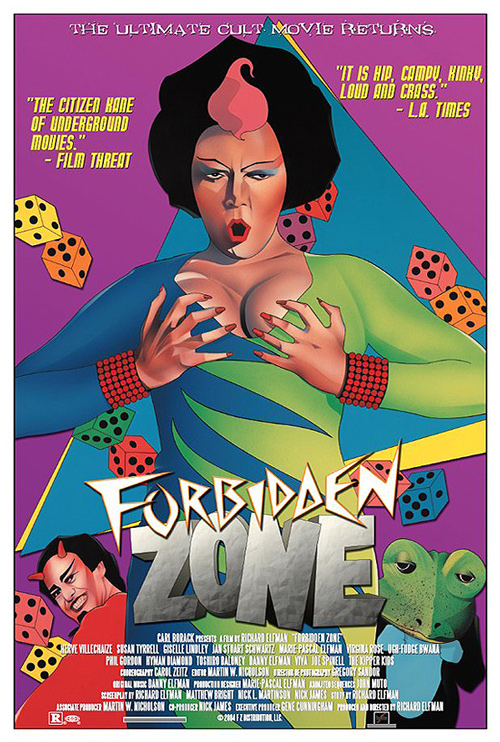
With the easy delivery of films via Netflix, Amazon, Hulu and a host of other choices, it’s easy to feel like you’ve seen everything. This feeling can be especially true when looking at mainstream films which have a sameness to them that permeates the medium: the same tropes, the same familiar group of actors, the same story points endemic to the genre. So in order to find something new, something unlike anything you’ve seen before, you should seek out more independent flair, as there’s no focus group to market those.
Although indie films have their own clichés that rise up in waves every few years, depending on which indie darling is making a splash currently and getting studio gigs or selling out at Sundance, there’s still a better chance of finding something unique in the rogue filmmaking of outsiders than possibly what could be made by most studios. And you don’t have to look for the most recent films to find something new or pushing the envelope; there are plenty of undiscovered gems from the past as well. And for those that feel like they’ve seen everything but haven’t watched 1980’s “Forbidden Zone?” Then brother, you ain’t seen nothing yet.
You can follow us on Twitter and Facebook for content updates. Also, sign up for our email list for weekly updates and check us out on Google+ as well.
Posted in: Entertainment, Movies

